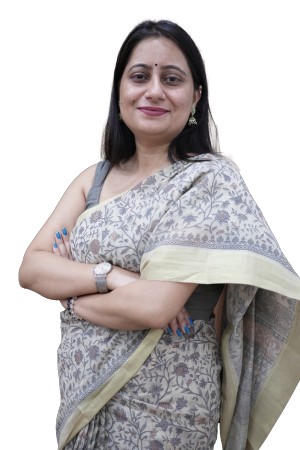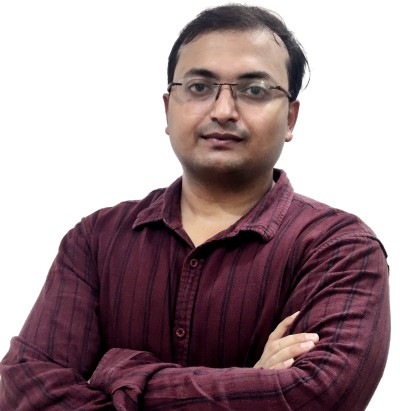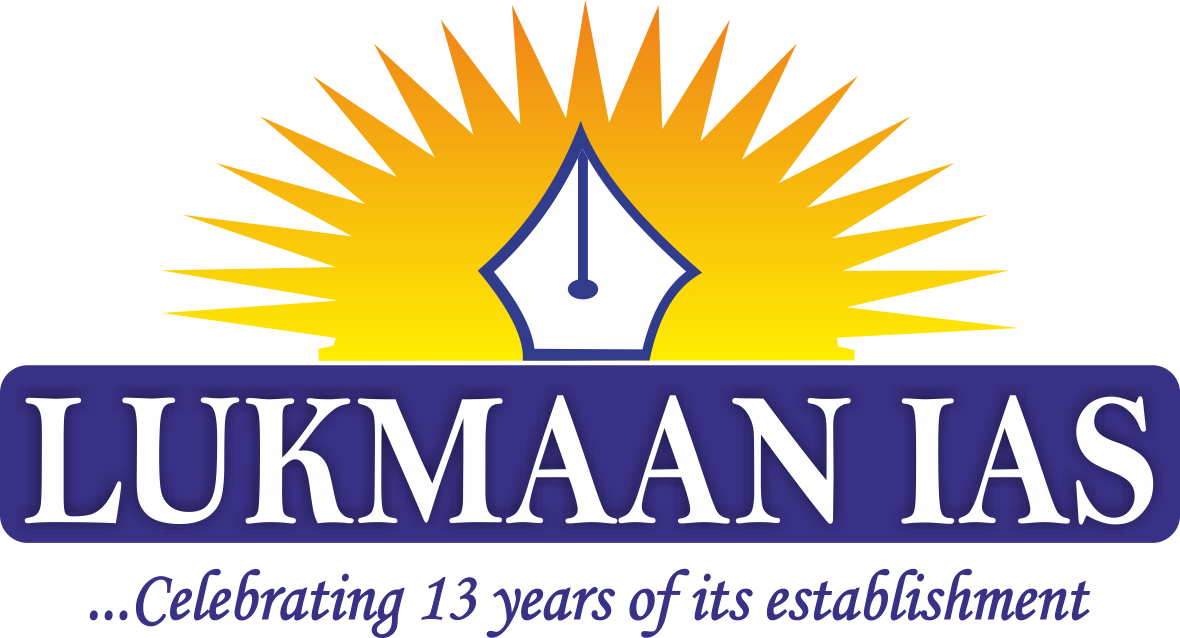Economics Optional -2025/26
Mode: Offline | Live Online Classes
Total Fee- Rs 38,000/-
Rs-36,000/-
Economics Optional has a strong success rate among high achievers, particularly those with a solid educational background and foundation. This subject is technical, analytical, and logical while also having equal current relevance. Aspirants who have prior knowledge of this subject are unquestionably at a competitive edge and can easily finish the syllabus in much less time due to subject familiarity. It could take some time for an aspirant to finish the syllabus if they are a novice in the field.
Advanced Microeconomics and Macroeconomics, International Economics, Money, Banking and Public Finance, Growth and Development are the key themes of UPSC Economics Paper I. Paper II examines economic conditions in India before and after independence. Aspirants who are adept at using and understanding graphs do well in economics papers.
Why Choose Economics
- Economics is a subject based on logic and rational thinking
- Economics examines the problems of society, like unemployment, inequality, and poverty and prescribes the solutions in a systematic manner using scientific approaches like using economic models that involve graphs and mathematical analysis.
- Choosing economics as an optional subject can cover about 60% of the UPSC syllabus for GS paper III, providing a significant overlap. Also, in the prelims paper, you can easily score at least 30 marks from this subject.
The Course Feature
-
Quality teaching focusing on conceptual clarity
-
Comprehensive coverage of UPSC CSE Economics (Optional) and Indian Economy (GS) syllabus.
-
Individual attention with personalized guidance and support.
-
Well-researched study material covering the entire syllabus.
-
Useful in IES and RBI Grade B/DEPR exam
-
Test series with 6 tests (4 sectionals and 2 full-length).
-
Regular Class Tests: 2 tests followed by focused discussions and improvement suggestions.
-
Study Materials: Comprehensive handouts and notes with clear explanations and up-to-date information.
-
Accessibility: Classes are available in both Classroom and Live-Online formats, offering flexibility and convenience for all students.
Date | Test No. | Topics/Syllabus |
26th June 2024 | Test-01 | Micro Economics, Macro Economics, Money & Banking, Public Finance |
10th July 2024 | Test-02 | Growth & Development, International Economics |
24th July 2024 | Test-03 | Indian Economy before Independence & Post- Independence Indian Economy till 1991 |
07th Aug. 2024 | Test-04 | Post-1991 Indian Economy |
16th Aug. 2024 | Test-05 | Full Length Test-01 |
30th Aug. 2024 | Test-06 | Full Length Test-02 |

Sumanjeet Kaur
Faculty- GS Foundation
She holds a Bachelor Degree in Mathematics (Honors) and earned her Master’s degree in Economics. With extensive experience mentoring students and her ability to integrate static and dynamic aspects of the topics, she has made significant contributions towards comprehensive understanding of students in General Studies I and III. An enthusiastic reader, her passion for nature and environmental economics sharpens her ability to perceive both the broader ecosystem and its finer details. She excels in guiding students through the complexities of UPSC CSE particularly in subjects like geography, environmental science, ecology, and disaster management. Her research experience with the Observer Research Foundation and various certifications, including one on Climate Change from the World Bank, enrich her mentorship. Her teaching pedagogy provides significant qualitative and quantitative advantages, equipping students to excel in UPSC CSE.

Kumar Shivang
Faculty- GS Foundation
Kumar Shivang is a graduate in Mechanical Engineering from DTU. He is having a teaching experience of more than 2 years with subject expertise in Economy (GS), Science and Technology. He has a good command over analysis of data and statistics which are important from the perspective of value enrichment in UPSC Civil Services Examination preparation. Further, he also has an overall experience of 2 years of working with a PSU.


